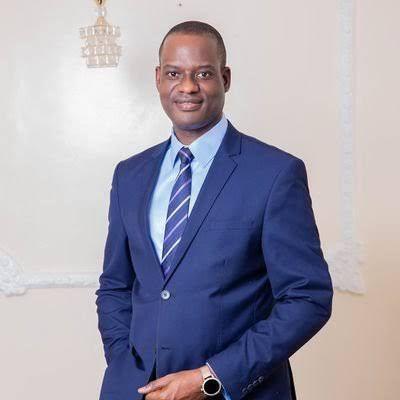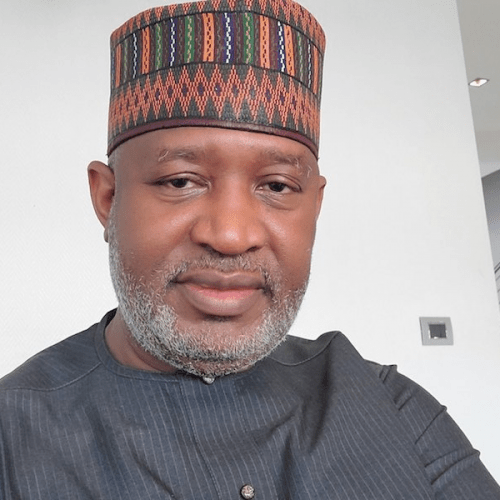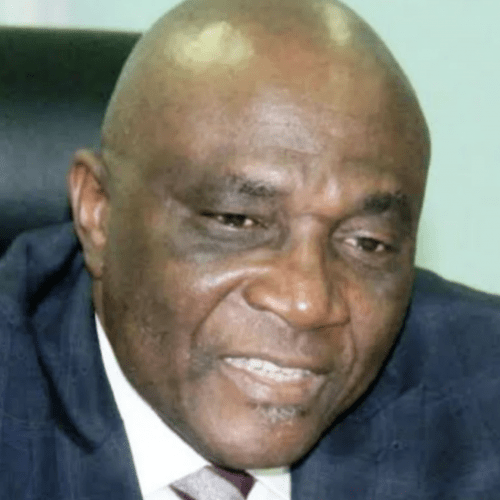As Nigeria faces the formidable challenge of breaking free from the shackles of borrowing dependency for public spending, President Bola Tinubu’s recent announcement has ignited a spark of hope for a more financially sustainable future.
The inauguration of the Presidential Committee on Fiscal Policy and Tax Reforms by President Bola Ahmed Tinubu shows the commitment to revamping Nigeria’s revenue landscape and business environment. It is equally a step towards alleviating the burden of debt servicing on the nation’s limited revenues.
Undoubtedly, Nigeria’s current debt portfolio, which has ballooned to N49.85 trillion, has reached a point of unsustainability. It’s worth recalling that the preceding administration under President Muhammadu Buhari had consistently maintained that the challenge confronting Nigeria is not a debt issue but rather a revenue shortfall.
In a country where public spending has long relied on borrowing, the President’s vision of achieving an 18% Tax-to-GDP ratio within three years is both ambitious and necessary.
The committee’s mandate, spanning fiscal governance, tax reforms, and growth facilitation, signifies a comprehensive approach to tackling the core issues stifling Nigeria’s fiscal progress.
This holistic approach not only reflects a deep understanding of the challenges at hand but also showcases a determination to address them head-on.
President Tinubu’s acknowledgment of the burden of expectations placed on his administration resonates deeply.
In the considered opinion of this Newsapper, the desire for a better quality of life is a universal aspiration, and Nigeria is no exception.

It’s no secret that Nigeria’s tax system has faced hurdles, particularly in the areas of ease of tax payment and its Tax-to-GDP ratio.
We recall that the chairman of the Federal Inland Revenue Service (FIRS), Muhammad Nami, had revealed that only 41 million out of 200 million Nigerians pay taxes in the country. This is unacceptable.
In our view, acknowledging these challenges is the first step toward devising effective solutions. The President’s vision of transforming the tax system to support sustainable development aligns well with the nation’s long-term economic goals.
The targeted 18% Tax-to-GDP ratio aims to strike a balance between revenue generation and economic growth, ensuring that the government can provide essential social services to its citizens.
On this page, we have consistently emphasized that resorting to tax hikes is an insufficient means of boosting revenue. Instead, the government ought to focus on expanding its tax base. Our stance on this matter remains resolute.
Especially during a period when a significant number of Nigerians are grappling with challenges, the objective should not be to escalate tax burdens.
We also concur with the committee’s standpoint regarding the eradication of redundant multiple taxes. Such excessive taxation is stifling small and medium-scale enterprises within Nigeria.
Moreover, Oyedele’s commitment to alleviating the burden on the vulnerable while fostering a just and efficient tax collection system aligns with the overarching spirit of this initiative.
Indeed, the Presidential Committee’s swift action plan speaks volumes about the urgency with which the reforms are being pursued. Delivering quick reforms within thirty days, recommending critical measures within six months, and full implementation within a year demonstrates a proactive approach to overcoming obstacles.
Acknowledging the outdated nature of many existing laws and the need for comprehensive updates is a testament to the Committee’s dedication to modernising the tax framework.
The committee’s discussions have brought to the fore the latent revenue potential within the existing tax framework. The staggering estimated shortfall of approximately 20 trillion naira ($48 billion USD) underscores the magnitude of the opportunity.
Addressing the prevailing inefficiencies in revenue collection becomes paramount, and the committee’s recommendation to entrust the Federal Inland Revenue Service (FIRS) with the task of collecting revenues from multiple agencies is a pragmatic solution.
This strategic pivot not only streamlines the process but also aligns with the broader objective of prioritising core mandates and expediting economic growth.
As Nigeria embarks on this momentous journey of fiscal transformation, the nation stands at a crossroads laden with significance.
Consequently, the pursuit of an 18% Tax-to-GDP ratio within three years is not a mere numerical target; it symbolizes a seismic shift toward a financially autonomous Nigeria.
The road ahead is fraught with challenges, yet we believe it is achievable .The odyssey toward self-reliance has been set in motion, promising a brighter and more prosperous future for all Nigerians.
Source: Leadership Editorial




















